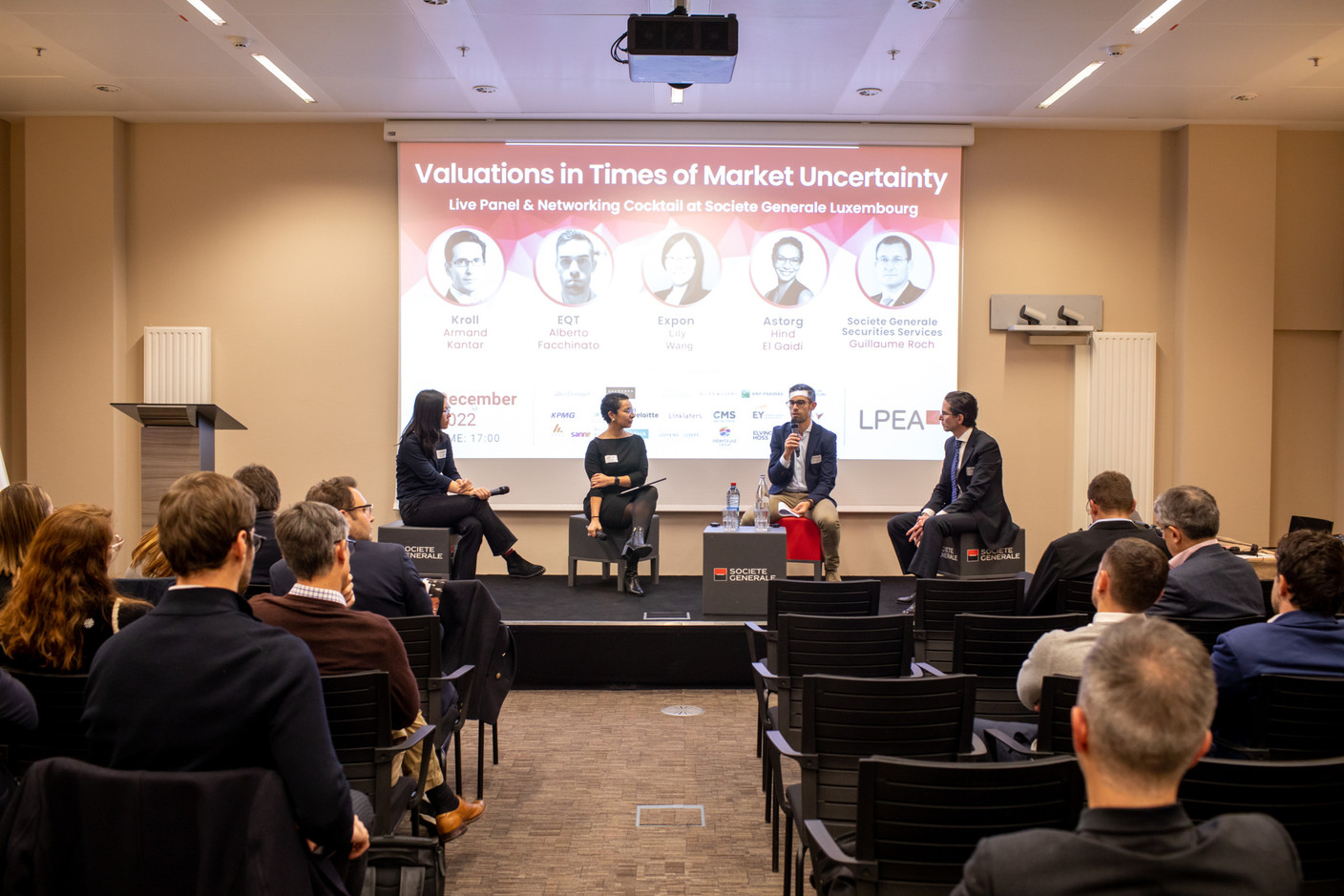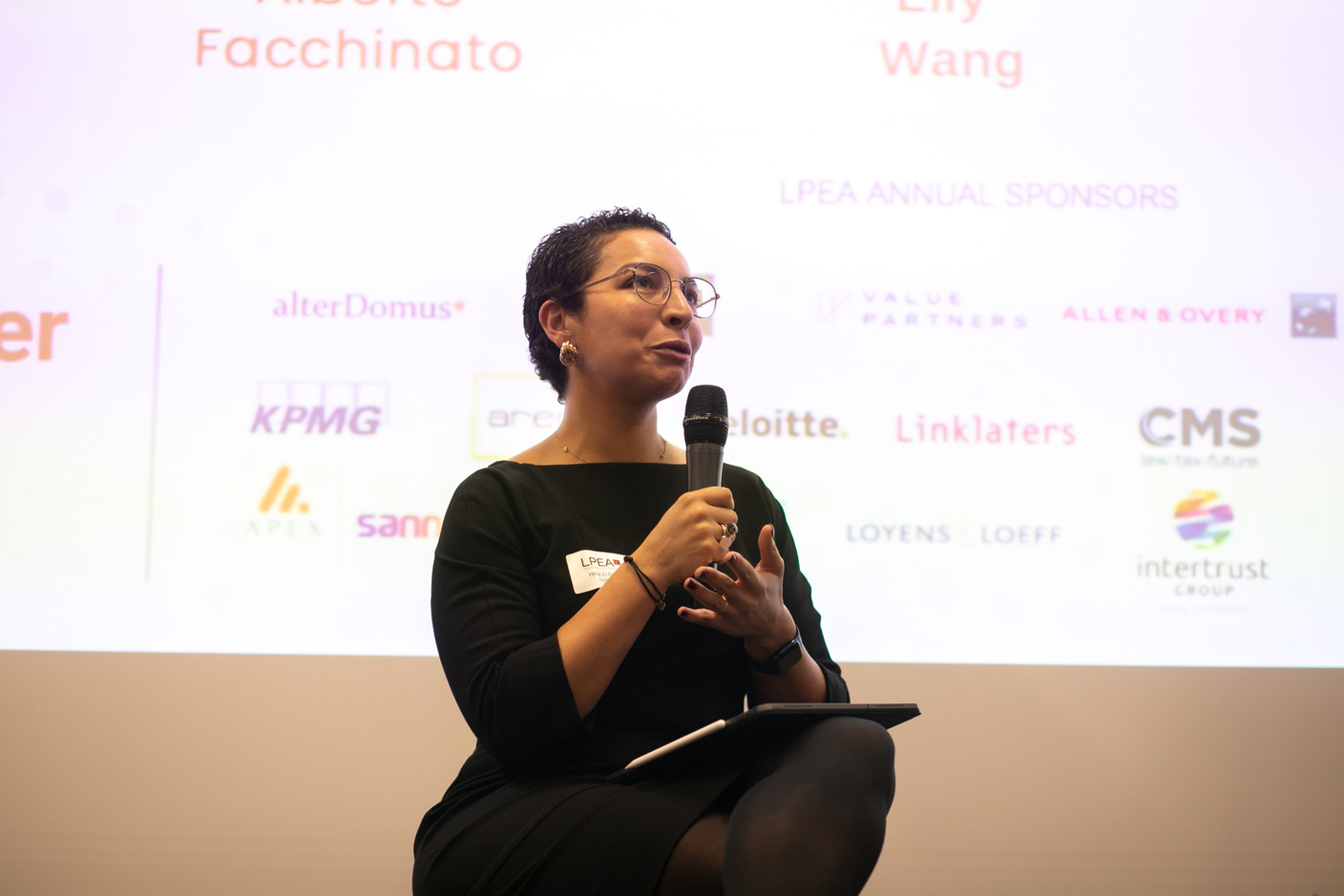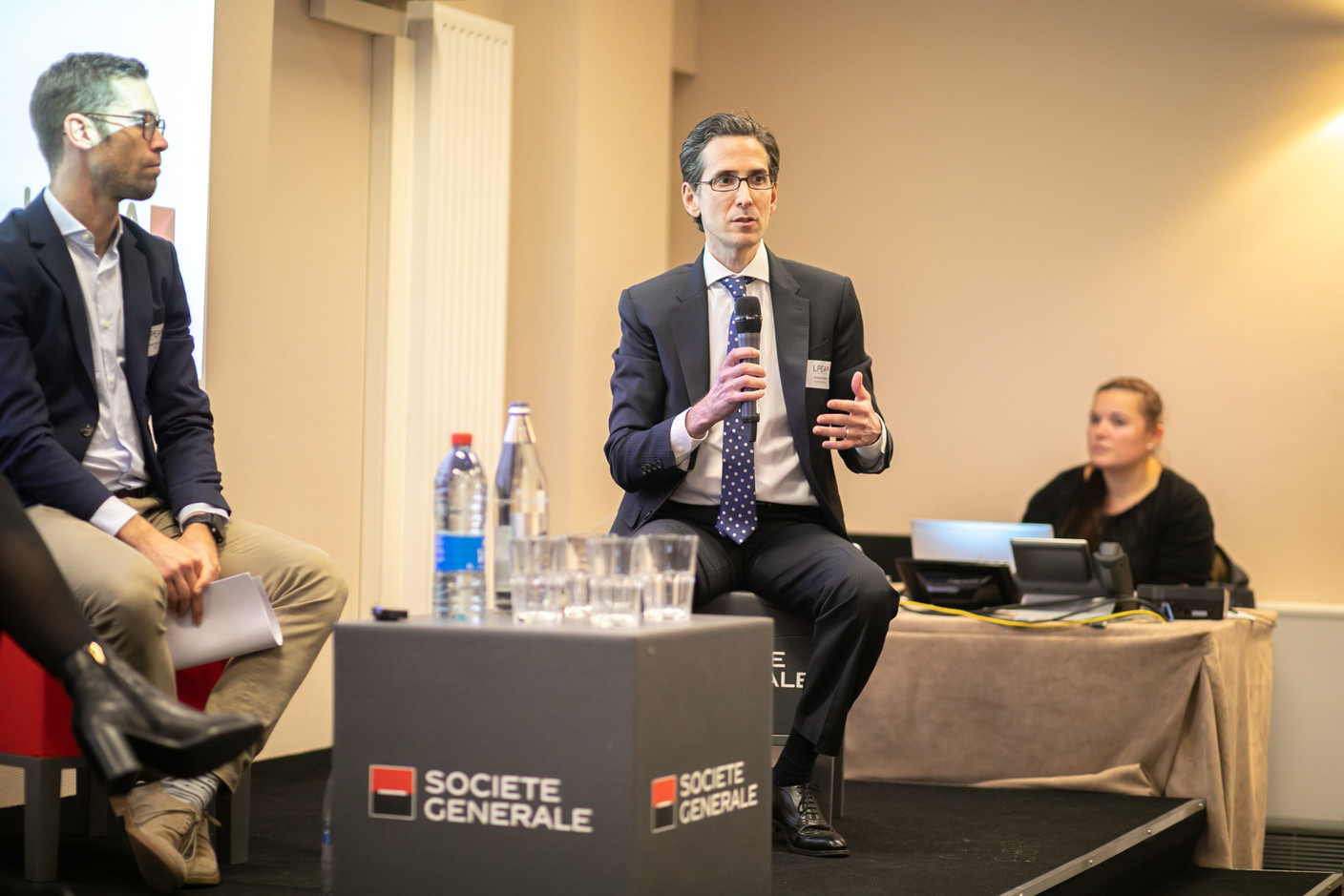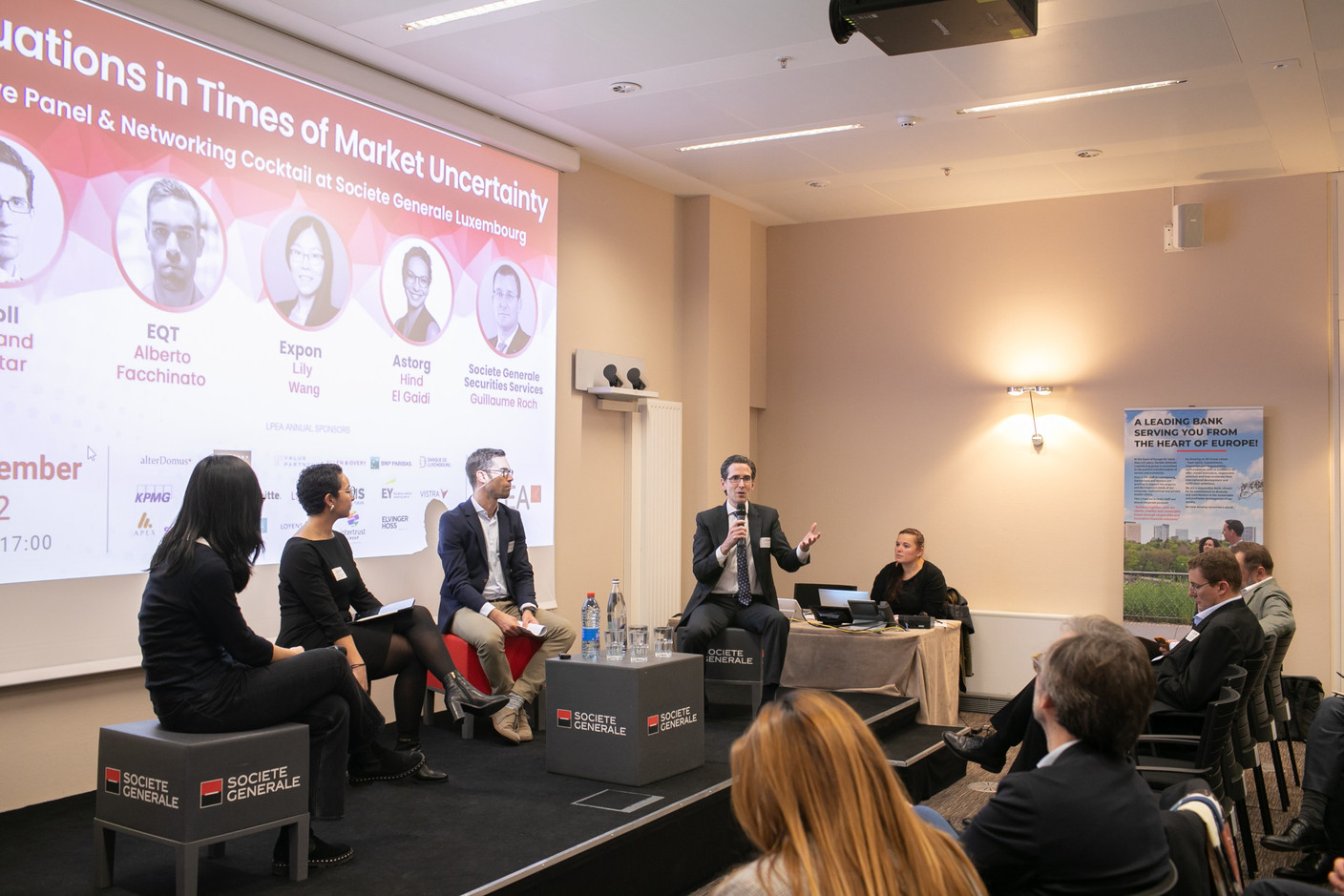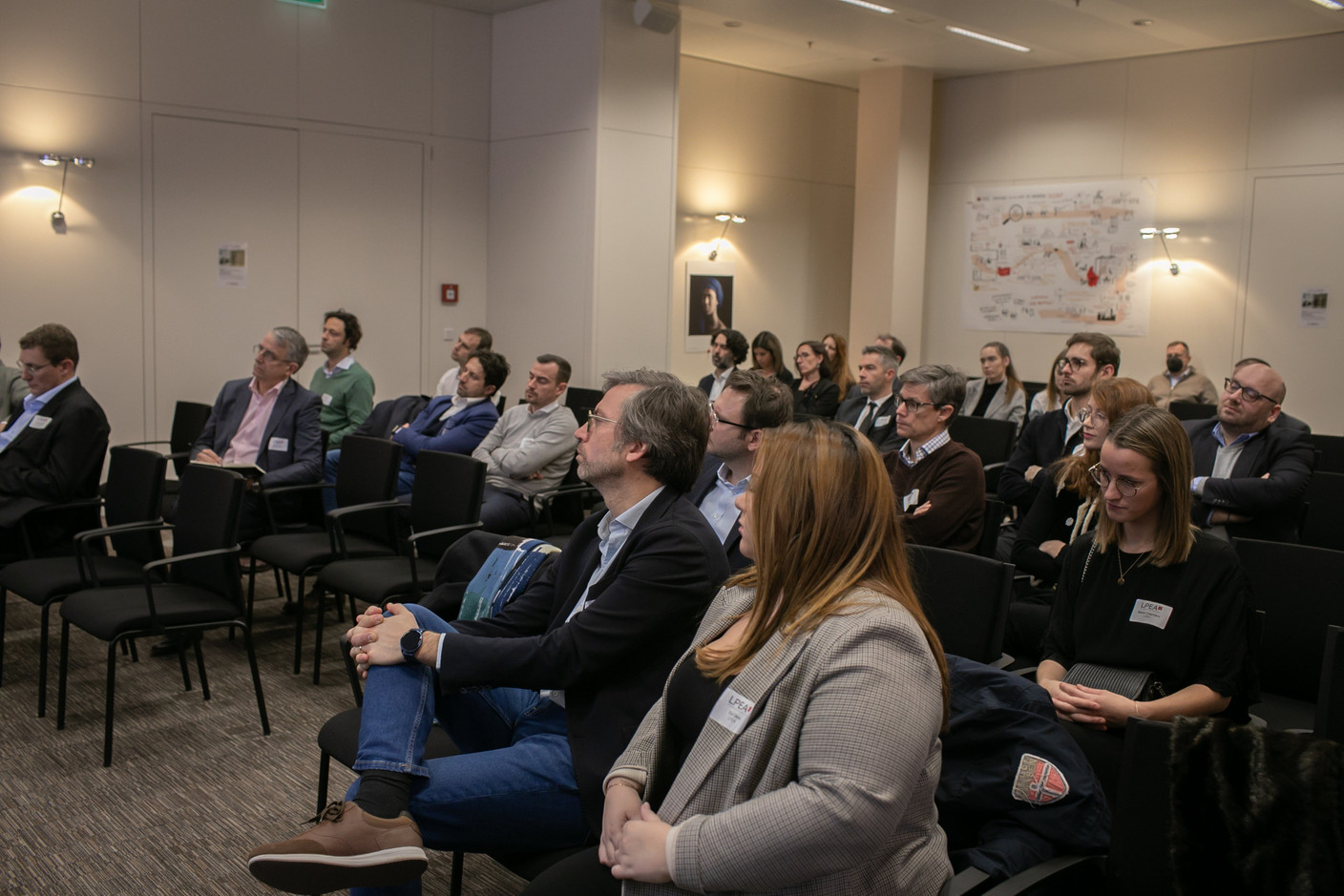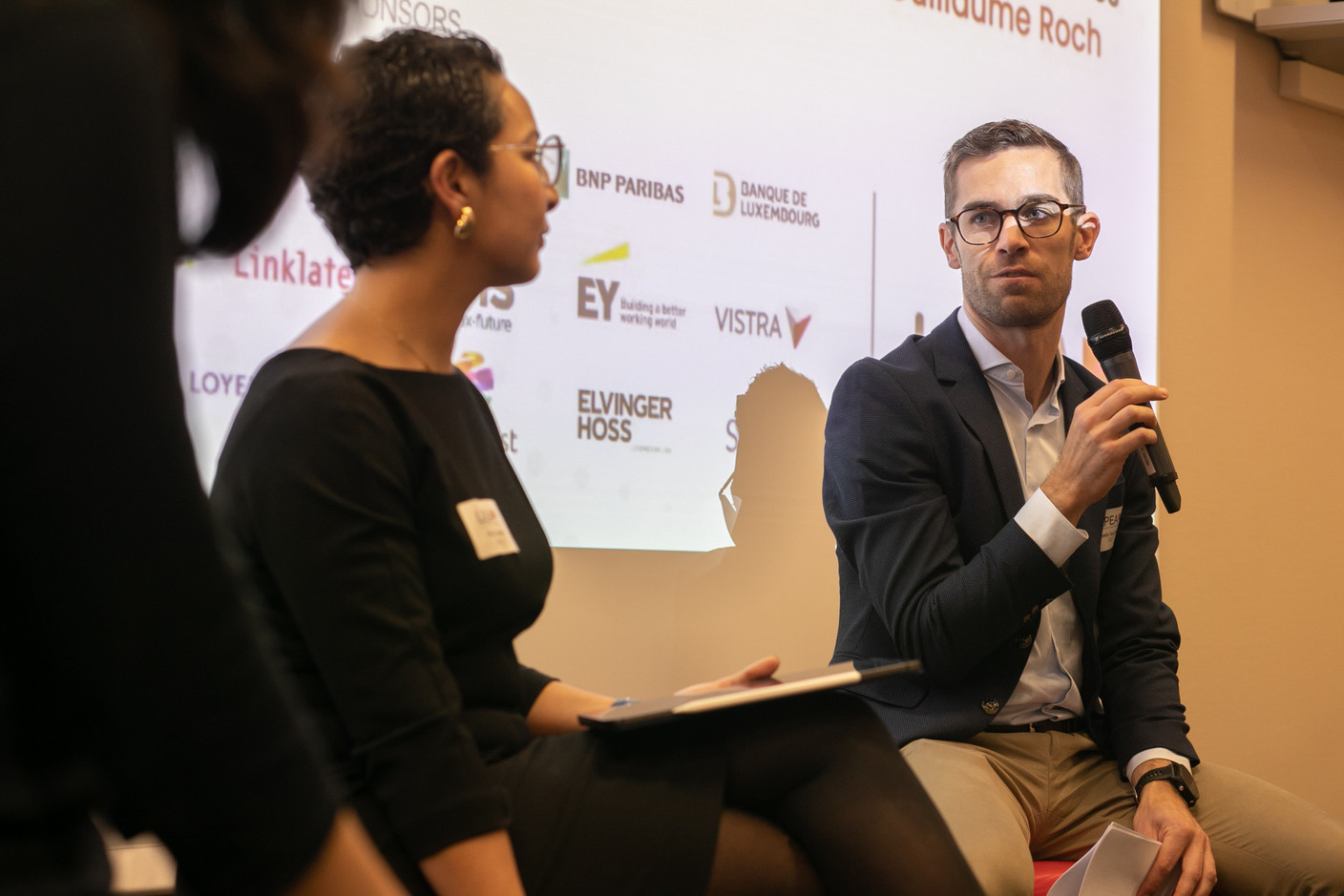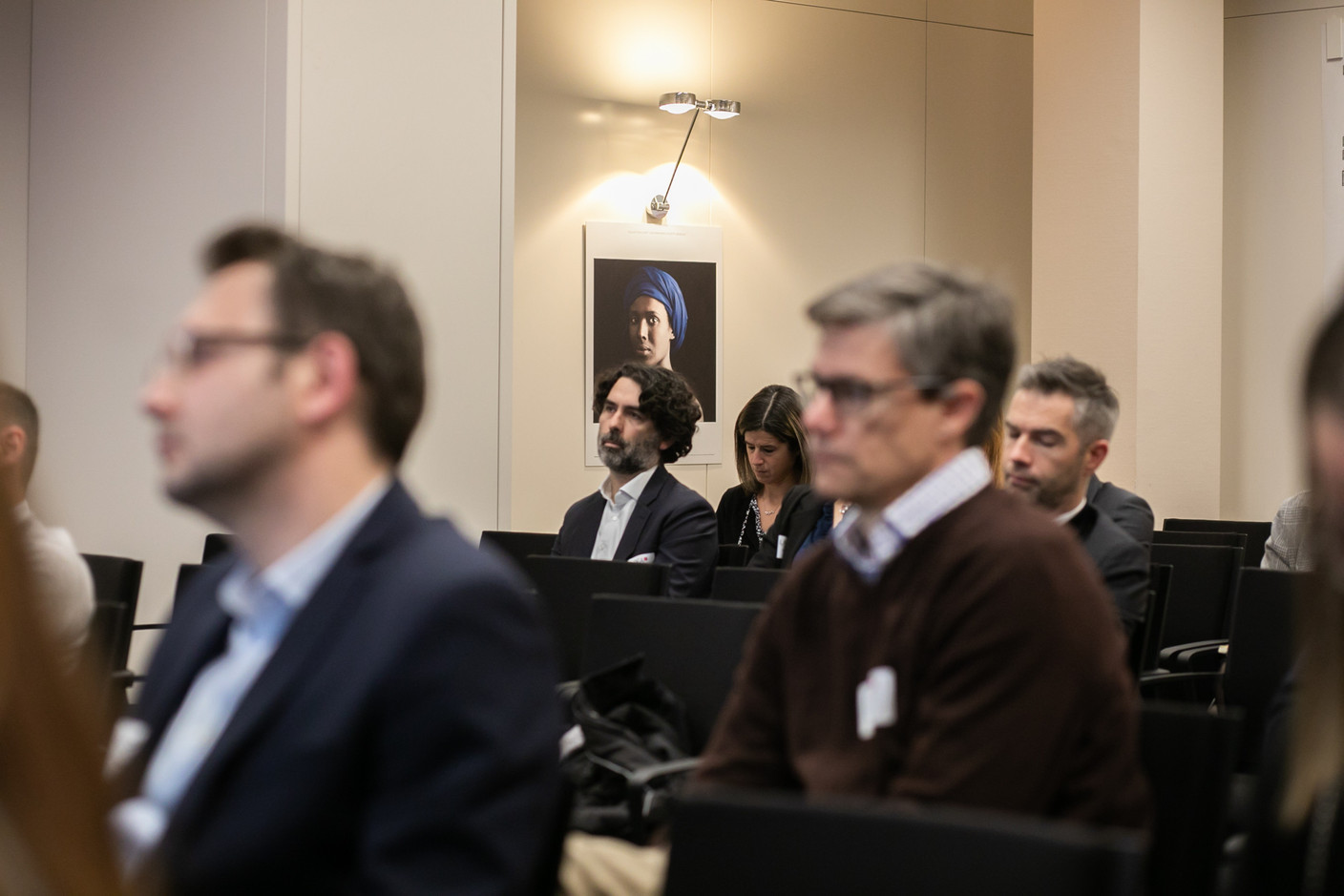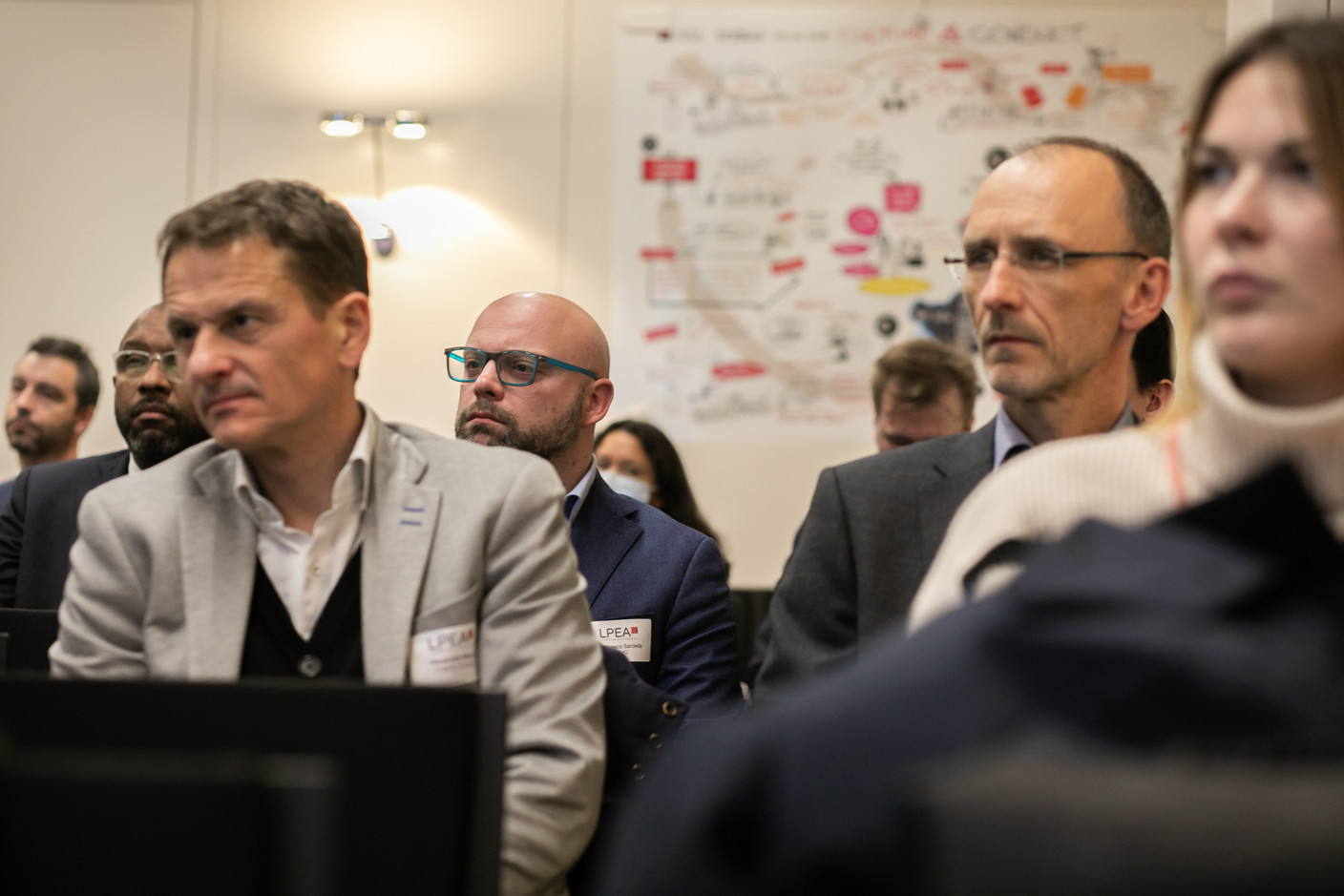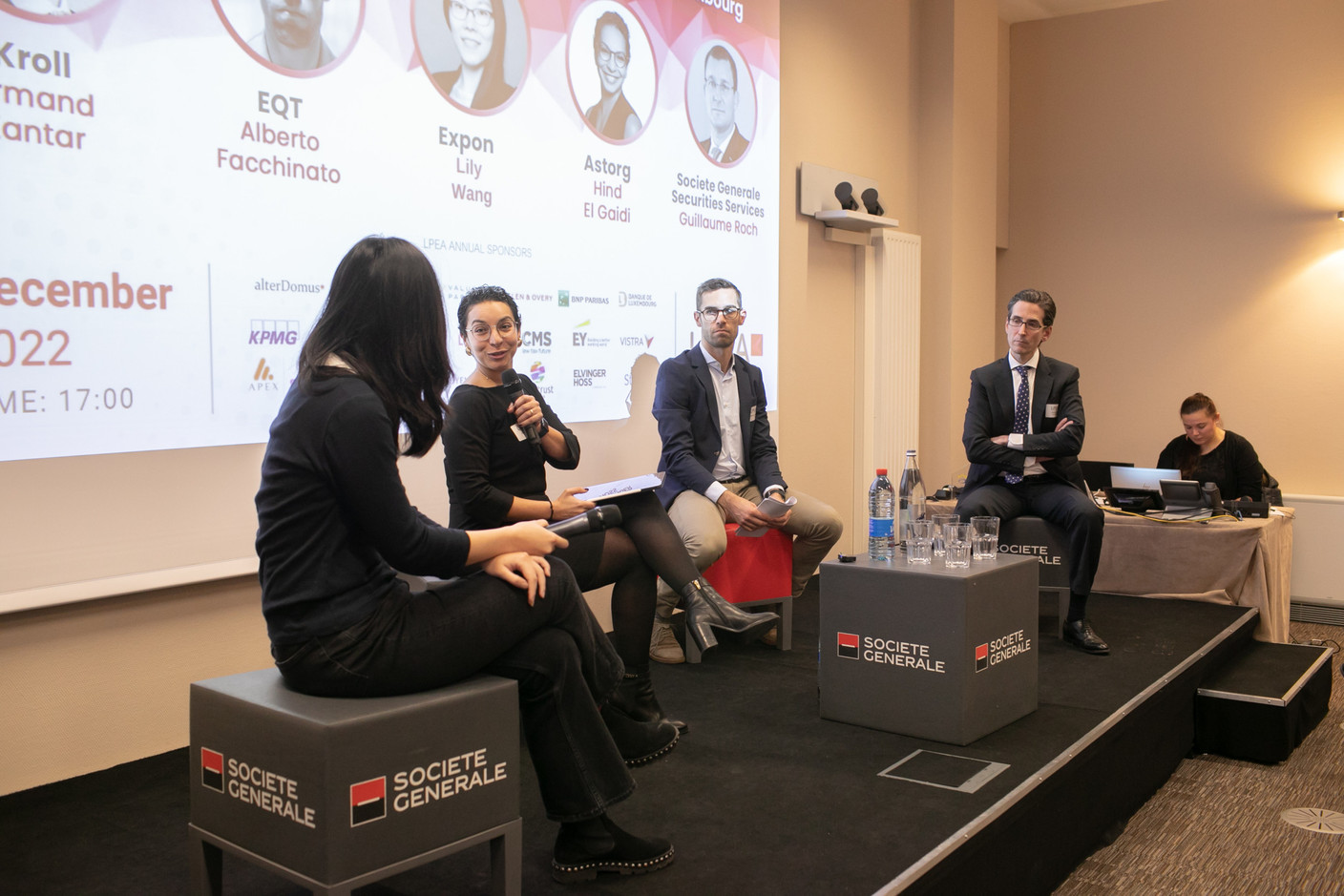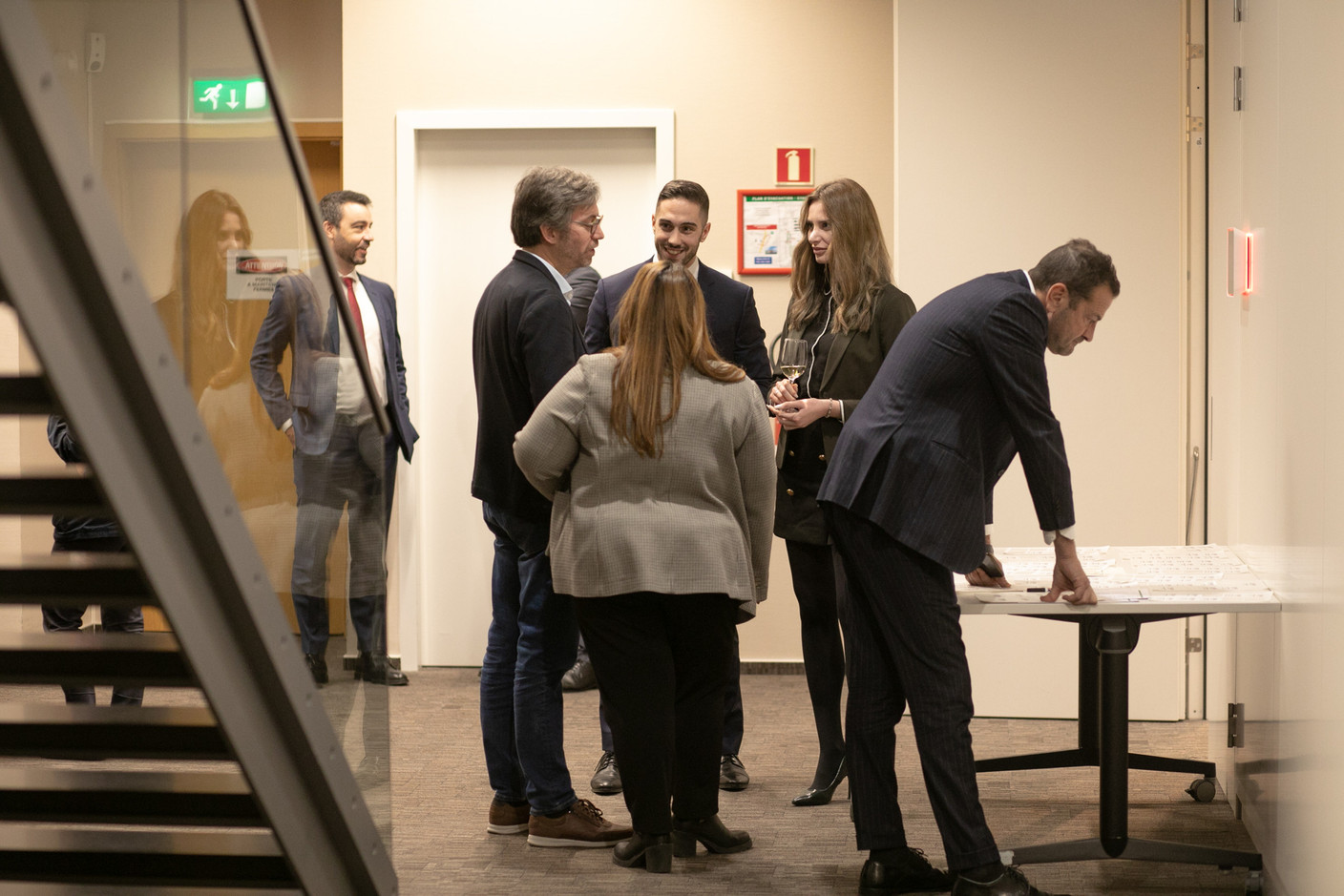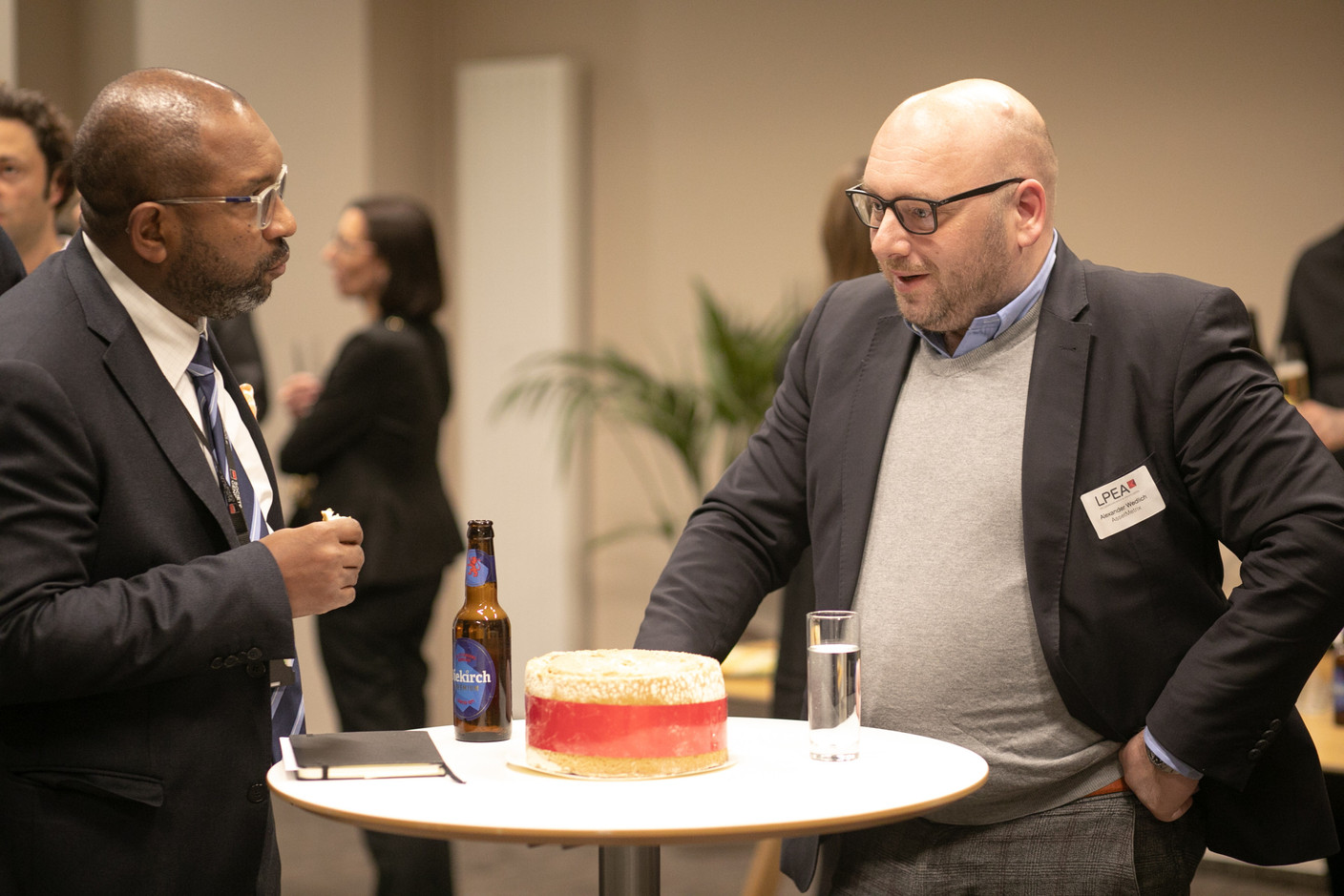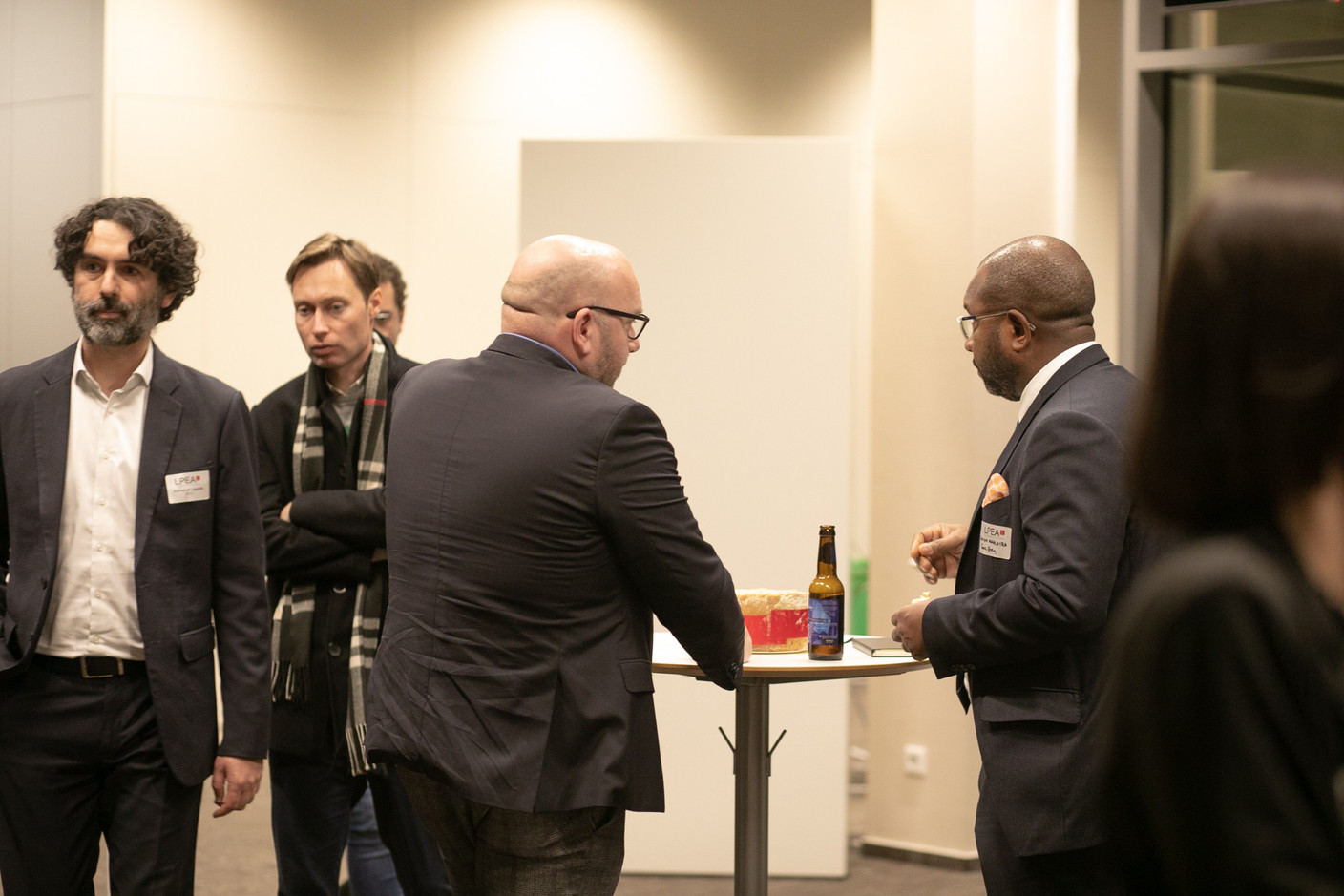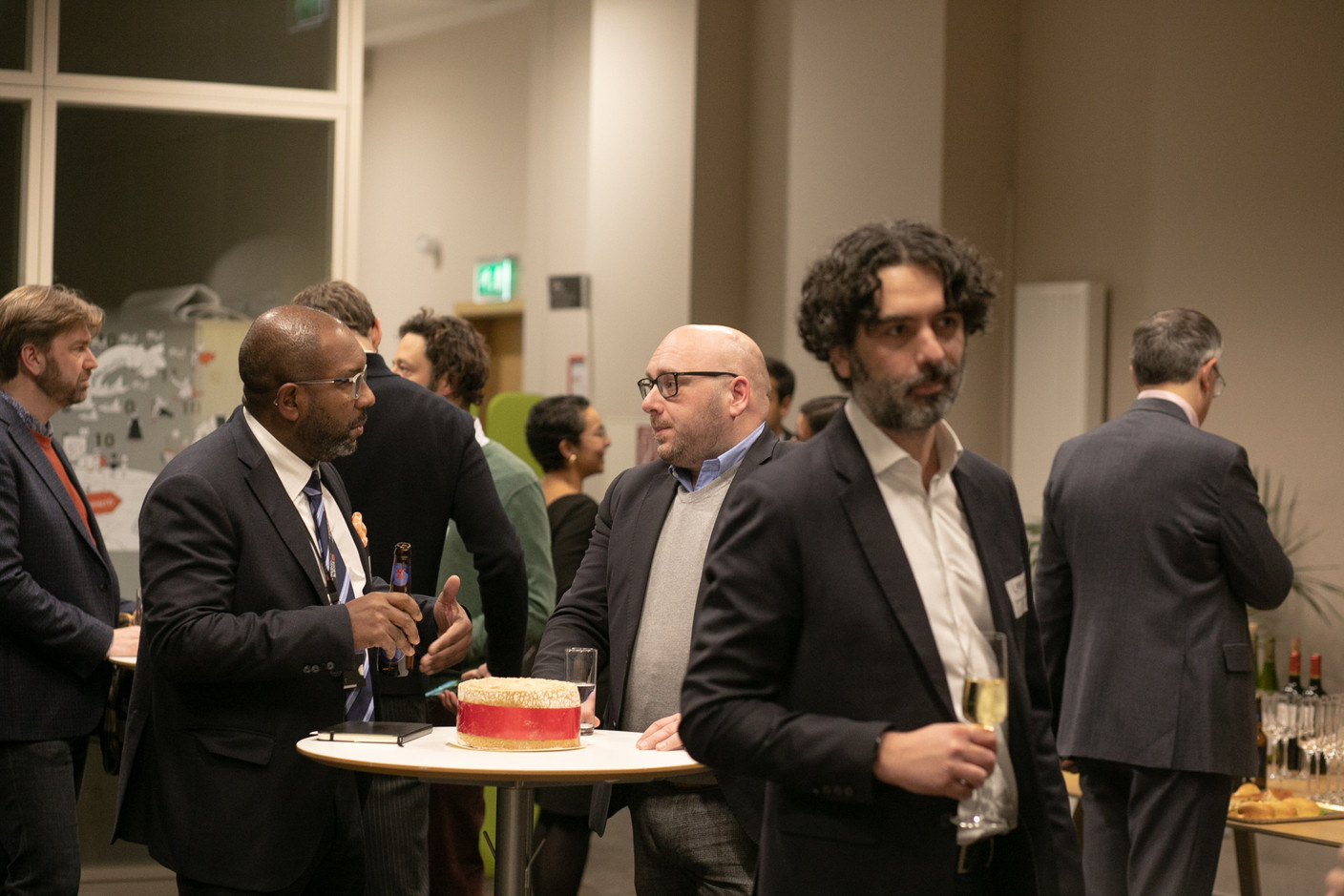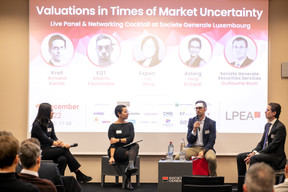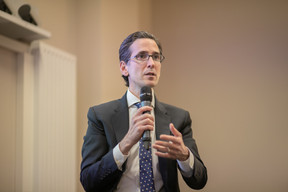“We hear a lot about volatility nowadays in the public markets. I don’t think this is something new,” began Hind El Gaidi, head of valuation, financial information and marketing at Astorg and moderator of the evening’s panel. “We’ve been speaking about dislocated markets since 2020, so it seems like it has become the norm.”
But what is normality? “This discussion about volatility is now something we’ve been used to for the past two years and a half, since covid started,” said Armand Kantar, director in valuation advisory services at Kroll. “Back then, it was because people didn’t know what was the length of covid, and hence, how to adjust business plans.” Now, inflation and Russia’s war in Ukraine are contributing to volatility.
I don’t think there’s such a thing as normal markets
Some funds are expecting to weather this, then return to normal markets. But Kantar continued, “I don’t think there’s such a thing as normal markets.” Before covid, the markets were “extremely exuberant,” with very high prices for fintech versus other technology assets, for example. “The concept of fair value is not one you can actually switch off and switch on.”
Consistency in methodology is key
Instead, Kantar highlighted the importance of having a solid valuation process in place. According to the Kroll director, the process should explicitly show “what are the data sources, are they acceptable or not, what is the methodology, how to deal with volatility and how to escalate issues between portfolio managers and the valuation function when you have disagreements.” Furthermore, having a strong process in place will allow fund firms to handle auditors’ and regulators’ questions.
Read also
Alberto Facchinato, a manager in the valuations team of EQT group, also emphasised the importance of being consistent in volatile market conditions. It’s key for valuation processes to be described well in policies, and to document any changes that are made.
From a venture capital perspective, Lily Wang, principal at Expon Capital, added, “Often in investment, if you want to adjust based on the existing methodology, you also need to look back at the time of investment. You need to be consistent.” Consider the reason for which a company was bought, Wang said, and ask, ‘does this reason still hold? Do I still really believe in this company?’ “What we try to do is to be consistent with our investment memo and our investment process when we do the periodic evaluation review.”
Take deep dives and scrutinise assets
The panellists also covered the importance scrutinising assets. In fact, LPs are increasing their scrutiny at the asset level, rather than the fund level, said Kantar. “You have to have in place a sophisticated approach where you not only take into account the market movements, you also look at the reality ‘on the ground’ of the asset,” including specifics like balance sheets.
You cannot take any shortcuts
“I think it’s really important to have the scrutiny on what you do right now,” highlighted Facchinato. It’s key to take a “deep dive” into portfolio companies to understand where revenues are coming from.
“The message tonight is that you cannot take any shortcuts,” El Gaidi concluded. “You have to just have a very deep analysis of your assets, to know them inside-out, to go a little bit deeper into what is the asset, what’s behind it, what’s the cash flow with the management, and know the quality of your assets.” All of this is necessary to have a proper valuation.
ESG factors in valuation
El Gaidi posed the question on how realistic it would be to include ESG factors in valuation. A think tank on ESG and valuation was started earlier this year, with the idea that it would be a bit of a “fun exercise to see what could come out of it,” she said. “And now it turns out that we should have started maybe two years ago!”
But it’s key to figure out how to link “really good ESG data” and “really good valuation methodologies” in a “robust process that is accepted and bulletproof,” which has gone through volatility and market dislocation and is still proven to be right, said El Gaidi. Developing a framework will be an “incremental” process, and it will be necessary to make choices to determine what should be addressed first, “but it’s imminent.”
It’s a “very interesting, nascent topic,” added Kantar. “Every time we have something new, with long-term consequences,” you have to think about how corporate finance frameworks can change and adapt. “If you think about the loan markets, credit markets--I think they give a pretty good view of what the blueprints would be for ESG integration into pricing.”
